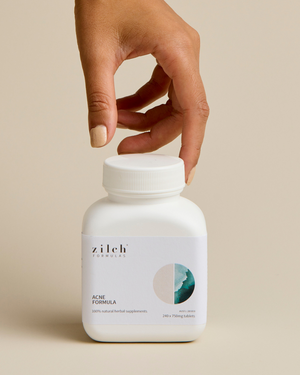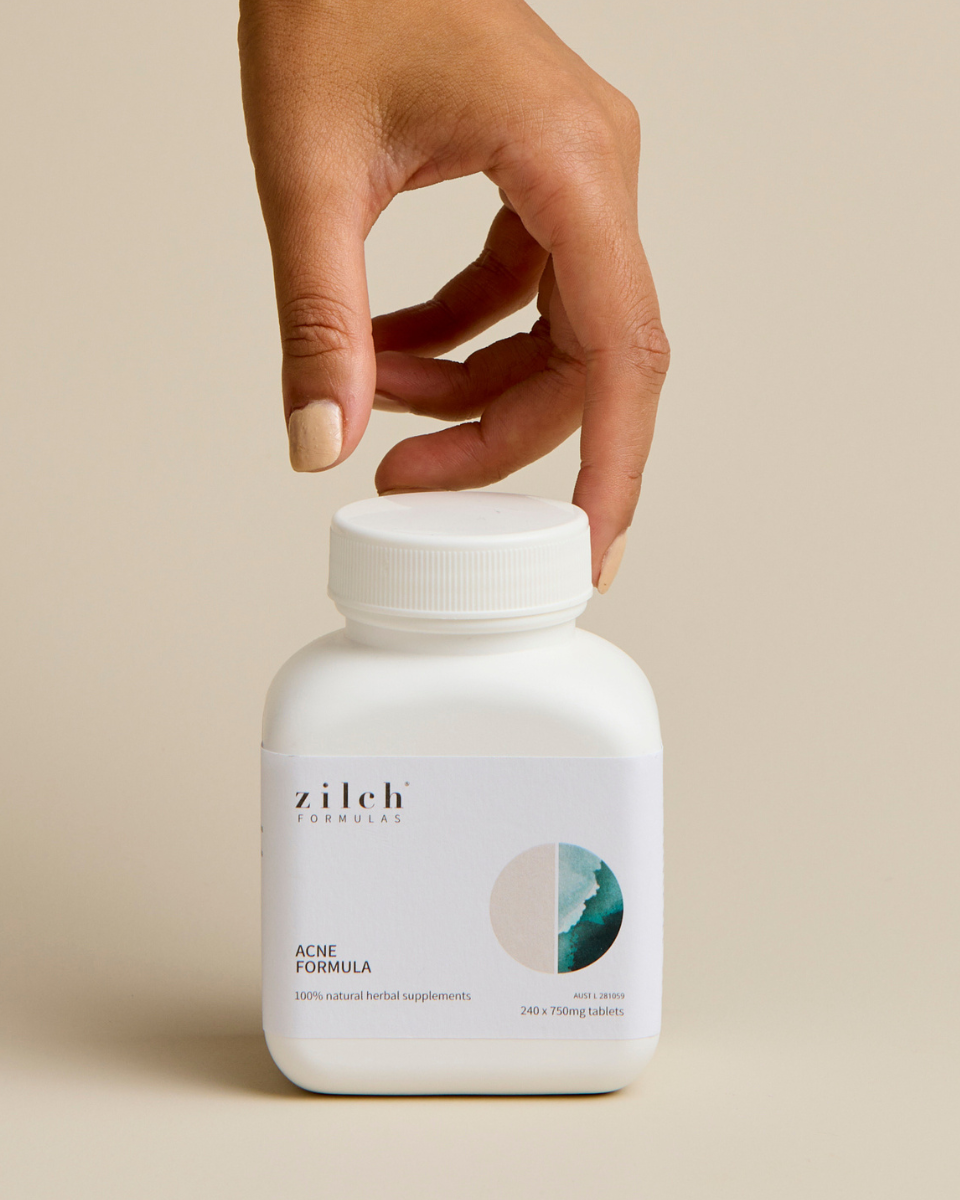
Enhancing Your Sleep and Managing Stress with Traditional Chinese Medicine
In the world of Traditional Chinese Medicine (TCM), the concept of 'Qi' holds a significant role. Just as a battery powers electronic devices, Qi is the vital energy that courses through our bodies, ensuring their proper functioning. When stress enters the picture, Qi's free flow gets hindered, leading to physical and emotional disruptions. In this article, we'll explore how TCM views stress, its impact on sleep, and how you can find balance using the PMS + Stress Formula.
Understanding the Qi Blockage: Stagnation and Stress Symptoms
When stress strikes, the harmony of Qi is disrupted, giving rise to stagnation. This stagnation reveals itself through physical symptoms like chest tightness, muscle stiffness, headaches, and restlessness. Inflammation and heat accompany stagnation, causing a secondary set of symptoms including irritability, constipation, skin conditions, and more.
Prioritising Your Sleep Schedule
While we're well aware of the importance of sleep for our overall well-being, TCM offers a unique perspective on when to sleep. Just as certain systems function at specific times, the body's recovery and detoxification occur between 9pm and 5am. This window is vital for repairing processes to take place, making it crucial to sleep during these hours.
Embracing the Yin and Yang
TCM's Yin and Yang concept beautifully reflects the balance needed for optimal health. Yang represents vigour and activity, while Yin embodies calmness and restoration. The AM is ruled by Yang, while the PM is governed by Yin. Failing to rest during Yin times prevents the body from rejuvenating adequately.
Impact of Stress on Sleep
Stress's effects on sleep go beyond the common struggle to fall asleep. Anxiety-induced sleep troubles include difficulty falling and staying asleep, frequent awakenings between 1am and 3am, and the sensation of restlessness. Even if you believe you handle stress well, a bustling lifestyle can still disrupt your sleep. The demands of a hectic life can unknowingly contribute to these sleep disruptions.
The Road to Peaceful Sleep
To reclaim your peaceful slumber, consider these tips:
- Screen Time Cut-off: Power down screens at least two hours before bedtime. Blue light emitted by screens can disrupt your body's natural sleep-wake cycle.
- Calming Rituals: Wind down with calming tea and soothing breathing exercises. These rituals signal your body that it's time to relax.
- Evening Strolls: Incorporate a leisurely walk into your evening routine. This gentle activity can ease tension and promote relaxation.
Introducing the PMS + Stress Formula
If you're seeking a holistic solution to manage stress and improve sleep, consider Zilch PMS + Stress Formula. Crafted with TCM principles, this adaptogenic formula works with your body to adapt to stress, restore balance, promote relaxation, and support overall well-being. Embrace the wisdom of TCM to enhance your sleep quality and embrace a calmer, more balanced life.
Conclusion
Traditional Chinese Medicine provides us with a profound understanding of the body's connection between stress, sleep, and overall health. By harmonising, respecting Yin and Yang, and adopting mindful practices, you can restore balance and achieve restful, rejuvenating sleep. Explore the benefits of the Zilch PMS + Stress Formula and embark on a journey towards better sleep and reduced stress. Your well-being deserves this nurturing care.






